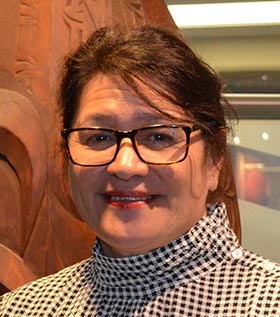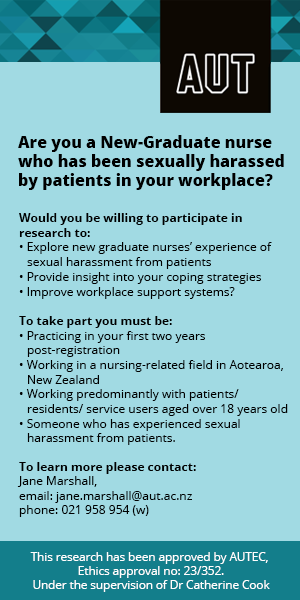
Elections for NZNO president and vice-president are underway, following a period where leadership has been working hard to regain stability.
Now, more than ever, we need to consolidate our membership, and work collectively.
The people elected to these roles will be key to this, as will the chief executive’s position, to be appointed by the board.
These three positions, along with tumu whakarae Titihuia Pakeho and myself, are critical – not only in finding stable footing for the organisation, but also challenging to keep moving forward.
After all, we have hugely significant upcoming health reforms that offer an opportunity for progress.
And progress, it appears, has been a long time coming.
I am currently preparing to speak at a nursing and the law conference in Auckland – a presentation about Māori tikanga, law and nursing professional practice.
My research has reminded me that despite apparent progress in these areas, the reality is that little – if any – constructive headway has been made.
I understand that when it comes to the reforms (which include a Māori Health Authority, and consolidation of all 20 district health boards), we – as an organisation – need to hit hard, and be present for the transition.
I also know we will fight to be at the decision-making table. (I’ve met transition unit head Stephen McKernan – who assured me nursing was important.)
But the reality from historical documents about Māori nursing, is that efforts for change have been lip service: Dependant on the political party and political will of the day.
Document after document has been written about necessary changes – but we end up, decades down the track, making the very same recommendations all over again.
Thirty years ago there were efforts to create a strategy to develop the Māori nursing workforce.
These days we’re still saying the same things.
In early 2018, the NZNO was referenced for its work in Māori equity and pay parity, in a shadow report to the United Nations from a group of major NGOs.
The document, Committee on the Covenant on Economic Social and Cultural Rights Shadow Report: Aotearoa New Zealand, called for urgent actions by the Government.
One of them was for the Ministry of Health (MoH) to reconfigure contracting and funding processes. Then later in 2018 there was another recommendation for a Māori nursing workforce development strategy.
It is 2021 and we’re still asking for these same things.
Examining the counter history
What I’ve seen through examining this counter-history of nursing in Aotearoa, is that the voice of nurses comes second in any conversation. The voice of Māori nurses is silent.
Māori make up about seven per cent of the total nursing workforce. We were at that level a decade ago when the MoH put out the Whakapuāwaitia Ngai Māori (Thriving as Māori) 2030 document.
It said we needed to have a nursing workforce that matched the overall population make-up by 2030.
Now we know that is never going to be delivered.
It required us to have employed almost 10,000 nurses annually to match an overall Māori population of 15 to 20 per cent.
There were no initiatives to achieve it. But then again, there’s been nothing for mainstream nursing either.
Instead, we’ve relied on internationally-qualified nurses to make up a significant proportion of the workforce.
The only thing that has changed over the years has been the country of origin of these nurses: shifting from South Africa and the United Kingdom, to the Philippines.
At the end of the day we still have an under-supported indigenous workforce.
My challenge at the conference will be to share the kaupapa – that if we truly embrace a different way of doing things, and te Tiriti, it’s more than just talk, more than just lip service.
It is about sharing the power to protect, define and assign.
Sharing the destination. Truly sharing the power.


